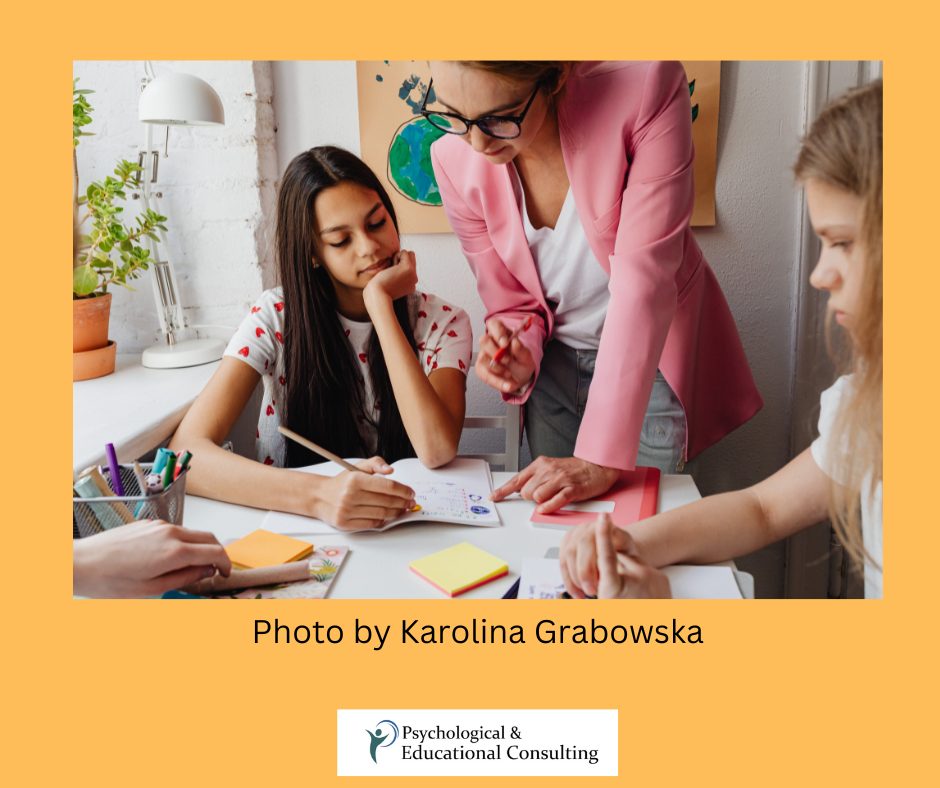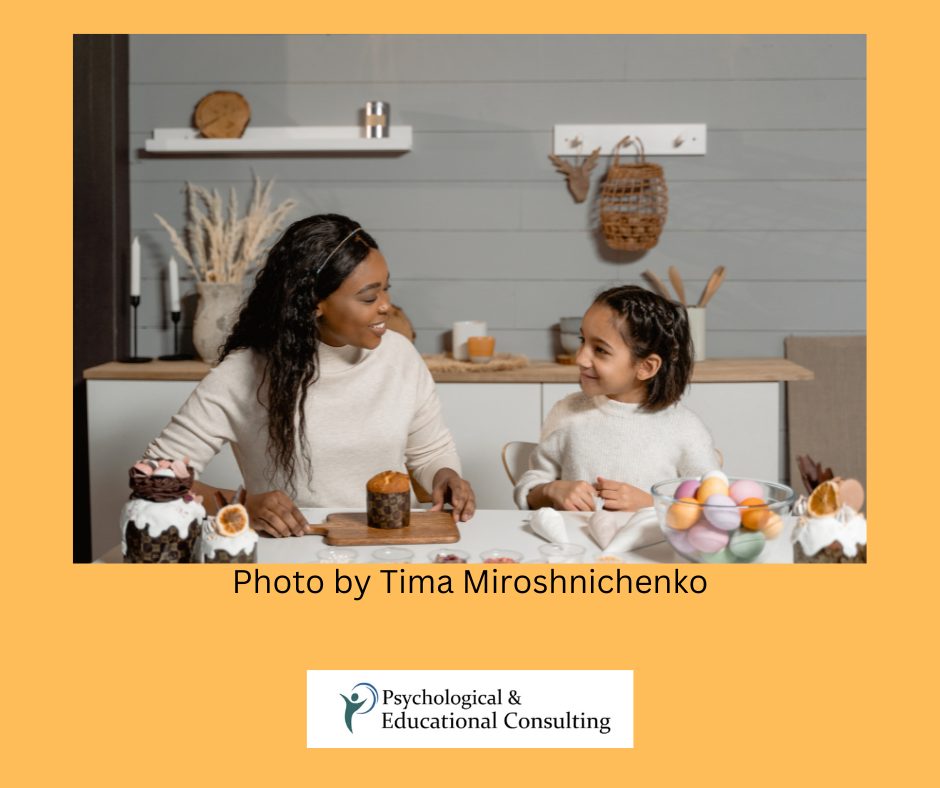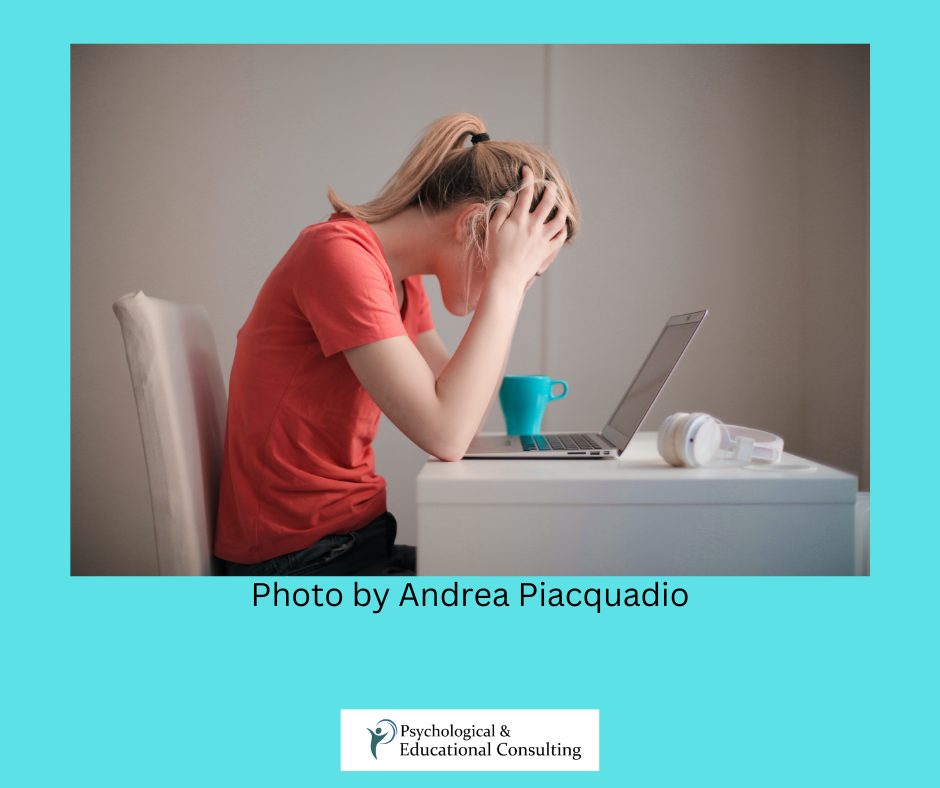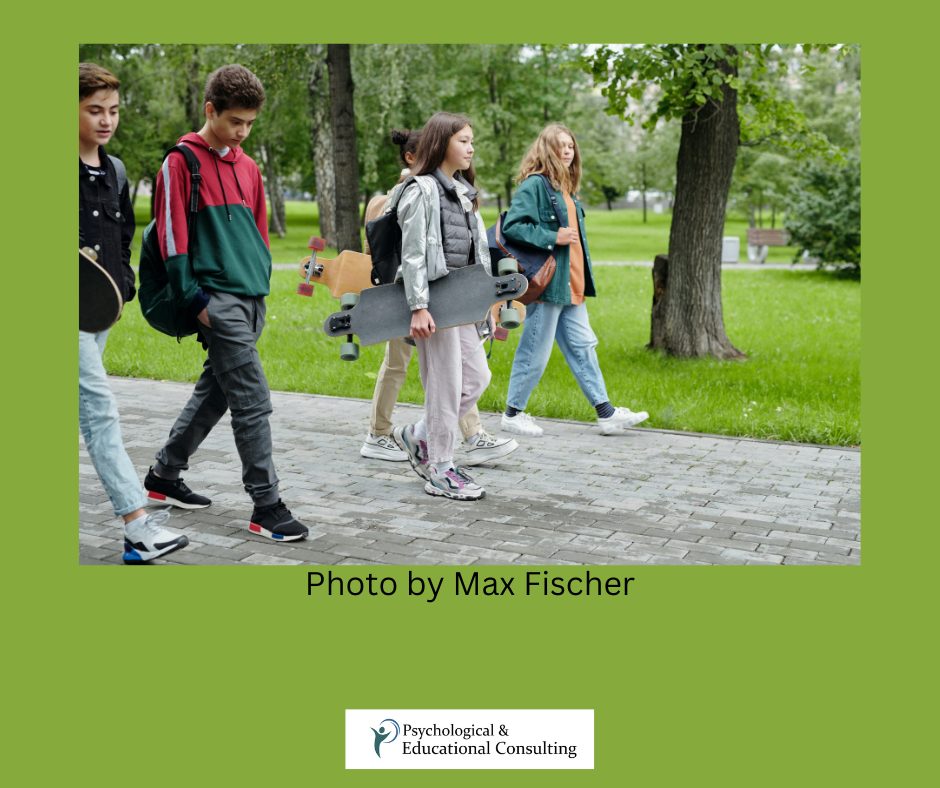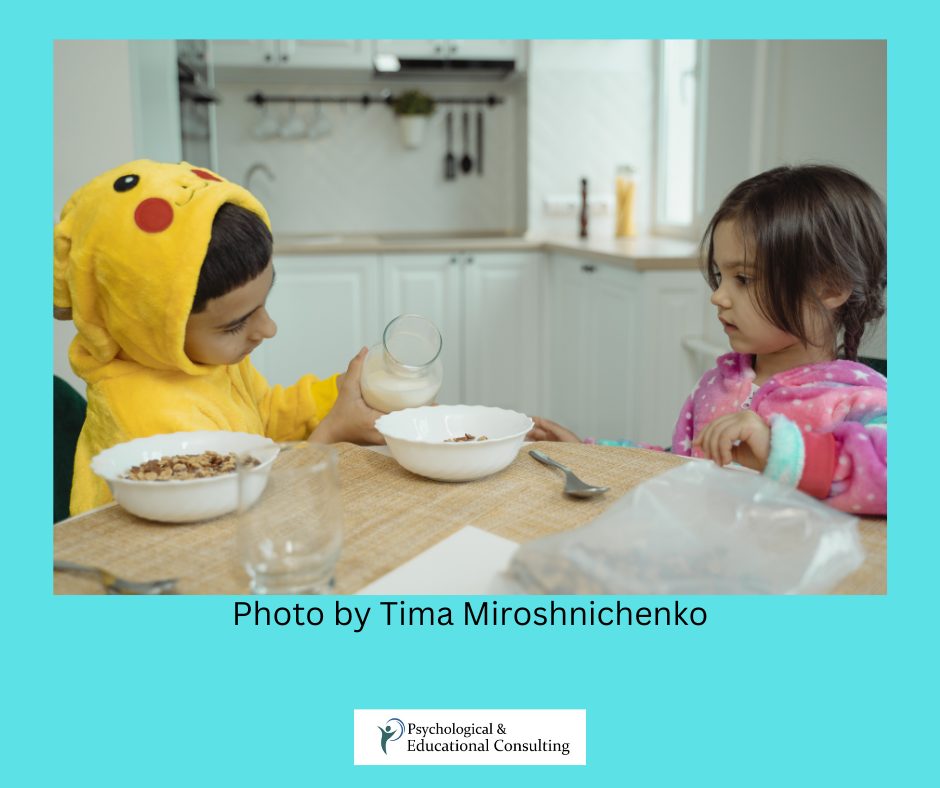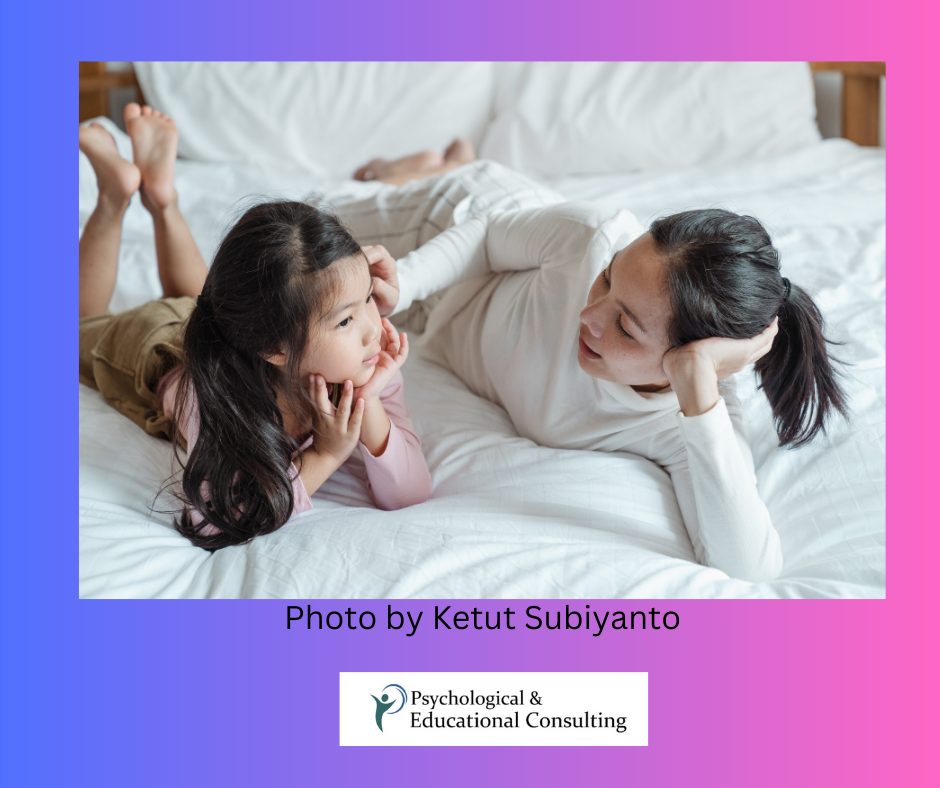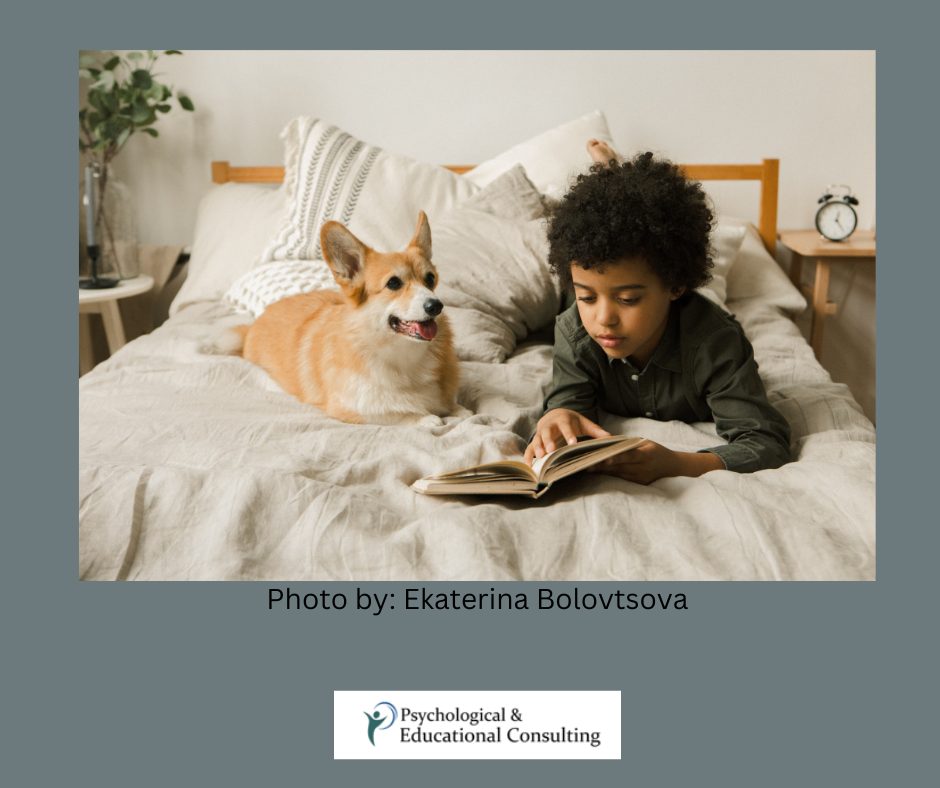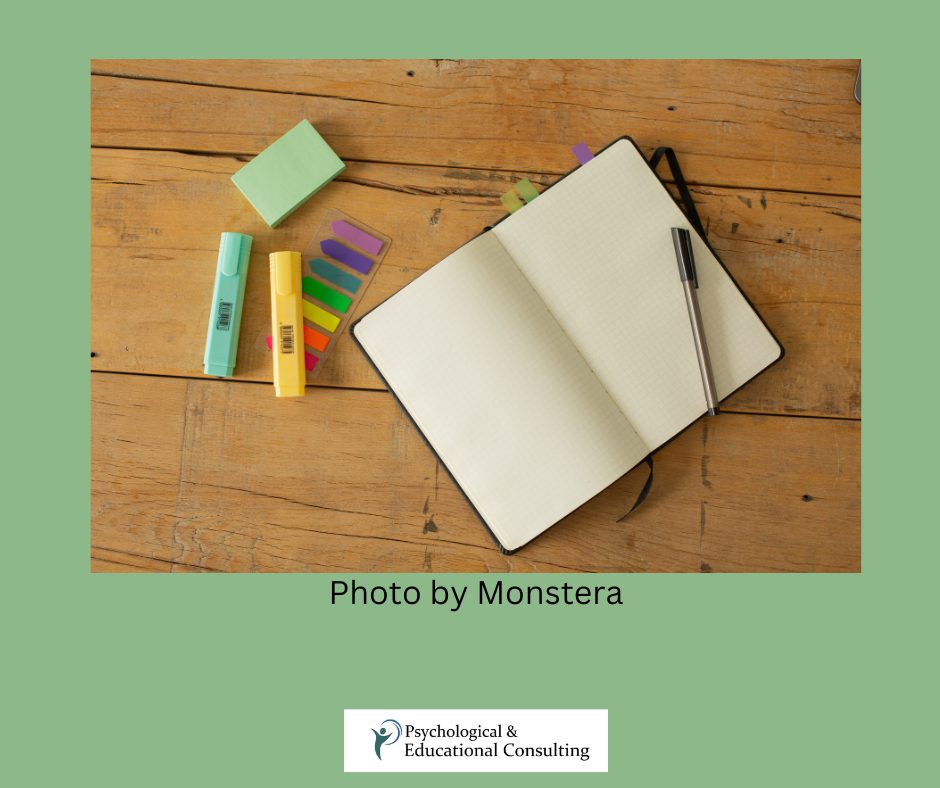6 Ways to Use Your Smartphone to Improve Executive Function Skills
posted on hill center
Students with learning challenges, especially those with executive function difficulties, often struggle with organization and time management. These executive functioning skills are controlled by the part of the brain known as the frontal lobe, which is not fully mature until a person reaches around 25 years of age, and even later for people with ADHD and other learning differences. For this reason, skills like focusing, getting started on assignments, and staying organized don’t always come easily, as they must be developed and refined over time.
When it comes to school, students commonly forget or misplace assignments, folders, items, or materials. But somehow, no matter what, they always know where their phone is. So why not use this device to help improve their executive functioning skills? Below, we break down six effective strategies and ideas to take full advantage of smartphone technology and support executive function abilities.
The Alarm
Students who struggle with executive function skills are often easily distracted and unorganized. Children can set an alarm with helpful reminders for various tasks and activities. For example, students may benefit from setting an alarm once a week to clean out and organize notebooks and backpacks; that way they can more easily find and use their materials when they need them.
The Speechify App
When a student has trouble with executive function skills, maintaining focus during reading and reading comprehension can be extremely challenging. The Speechify app—created by Cliff Weitzman, an American entrepreneur with dyslexia—reads any text passage or article aloud simply by taking its photo. The Speechify app also stores these audio recordings for later listening, and they can be accessed whenever it is most convenient.
The Notes App
Organization support is key for students who struggle with executive function. Built into most smartphones, notes apps offer a variety of tools and tactics to boost organizational skills. For instance, students can use this app in the table format to outline daily tasks and objectives. They can also use this app to type or voice record their homework assignments for each class. The Notes app even allows for reminders, but students may simply benefit from the simplicity of jotting down their nightly to-do lists.
The Camera
Smartphones are all equipped with sophisticated cameras that can be extremely useful and efficient information-storing tools. Students can use their smartphone camera to snap a photo of homework assignments or lecture notes from the whiteboard. By using the camera, students instantly capture exact instructions for their viewing later on. This tactic is especially helpful if handwriting is particularly challenging or time-consuming.
Voice Recording
Many students have the will and determination to listen, but lack the executive function skillsrequired to retain the information being presented. The voice recording feature, built into all major smartphones allows students to record themselves reading notes aloud. By reciting and recording lesson notes, students can then listen to their notes over and over to improve their retention, lock the information into their long-term memory, and eliminate the need for late-night cramming.
Study Playlists
For some students, having background noise is the key to focusing as they work. Students can use their preferred music streaming service, such as Spotify or Apple Music, to build 30-, 60- and 90-minute playlists of songs for studying. As an important note, these playlists should be composed of songs they know by heart to avoid potential daydreaming or distractions. Have your child estimate how long the assignment is going to take and coordinate the workload with the appropriately lengthed playlist. This tactic has the added advantage of helping students track their time, increasing awareness of how long tasks actually take.
How Hill Learning Center Can Help
We can make a difference. Hill Learning Center is dedicated to transforming students with learning differences and attention challenges into confident, independent learners. We work closely with our family of teachers, parents, and students to promote academic success throughout our community. Contact us if you are interested in taking the next step.

